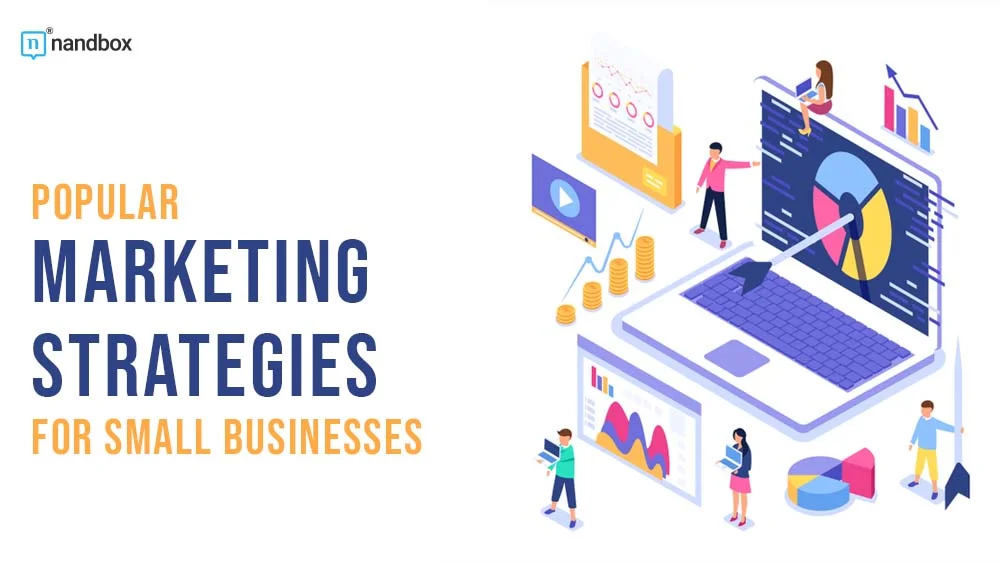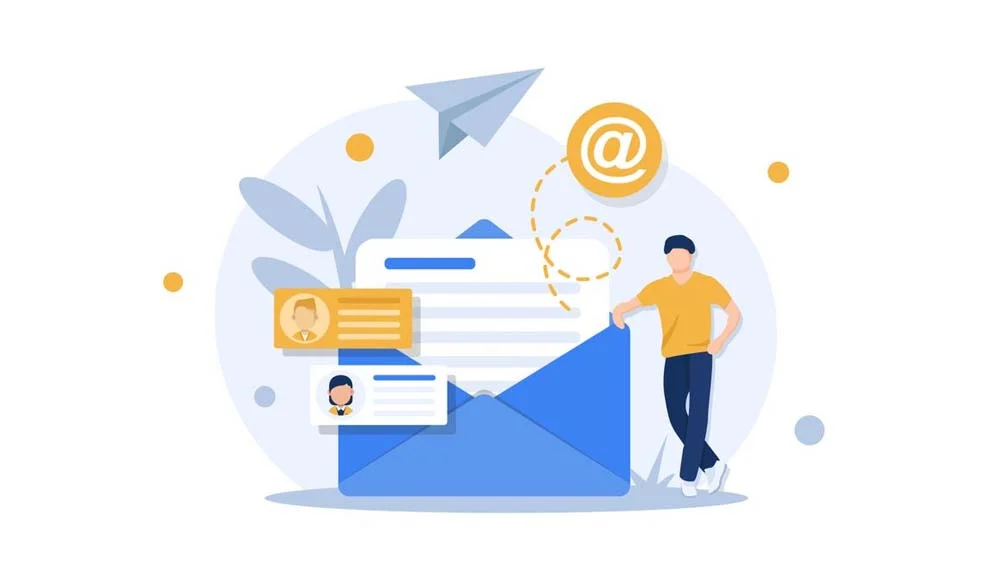As a small business owner, you’ll be determined to make your business a success. After all, that’s why you created it. As small businesses explore effective marketing strategies, establishing a solid legal foundation is crucial. Before you dive deep into marketing, considering an LLC could be beneficial. Reading Zenbusiness LLC reviews can provide insights into an excellent formation service that suits many small business owners’ needs, allowing for a focus on growth and marketing strategies. In order to be a successful small business, though, you need to use marketing strategies that actually work (as nobody likes marketing strategies that don’t deliver). When you use the best marketing strategies for small businesses, you’ll be able to attract more customers, grow your brand reputation, and gain measurable results. So what are the best marketing strategies for a small business?
Ready to get started? Great! Enjoy this rundown of the most popular marketing strategies that countless small businesses are using right now.
Guest Blogging
Guest blogging is an excellent marketing strategy to use if you’re a small business.
As the name of the strategy suggests, this is when you make guest blog posts on other websites. The general concept here is that you use it as an opportunity to build your backlinks and divert more traffic to your business site.
At the beginning, lots of small businesses struggle with guest blogging, as they don’t know what type of blogs to create or which websites to post them on. If you find yourself in this position, too, you can use the blogger outreach service provided by www.clickintelligence.com. With this service, you’ll be able to earn high-quality links and benefit from an increased number of people visiting your website.
Influencer Marketing
The world has entered a new era of marketing where the traditional “celebrity” no longer has the pull they used to have. Now, it’s all about the social media “influencer,” which is a fancy word for someone with a lot of social media followers.
It didn’t take long for companies to realize the potential that social media influencers had for marketing, which is why they quickly started to collaborate with influencers and pay them to promote their products. Hence, the term “influencer marketing” was born.
Of course, you can benefit from influencer marketing as well. The catch is that you need to find an influencer who:
- Is relevant to the products you sell (e.g., if your company sells butterfly blue tea, you might want to work with a wellness coach)
- Falls into your budget range
Generally, the more popular an influencer is, the more expensive they are to collaborate with. Therefore, if you’re on a tight budget, you should start by looking for micro influencers who match your niche. When you find one that you like, reach out to them and make an offer. If they accept, the influencer will then promote your products through either a sponsored post or their story reels.
Email Marketing
Back in the early 2010s, email marketing was truly dead and buried. However, over recent years, it’s experienced a huge resurgence that nobody saw coming. Now, email marketing is one of the most powerful (and effective) marketing strategies available to both small and large-size businesses, which is why this guide recommends you start using it as soon as possible.
Through email marketing, you have a direct point of contact between you and your customers. You can then use it to promote your products, provide details about upcoming sales, highlight special deals, and so much more. Best of all, email marketing is free.
SMS Marketing
In addition to email marketing, make sure you add SMS marketing to your arsenal, too. Text messages have an average open rate of 95%. Using a reliable SMS service is golden when it comes to marketing, as it means customers are almost always going to see the text messages you send to them.
Google Ads
Finally, use Google Ads. With Google Ads, you get an excellent ROI (return on investment). This is because Google Ads follows a pay-per-click model, which is when you (the business) only pay when customers click on your ads. This is why using Google Ads is now seen as a no-brainer, especially if you’re a small business.




